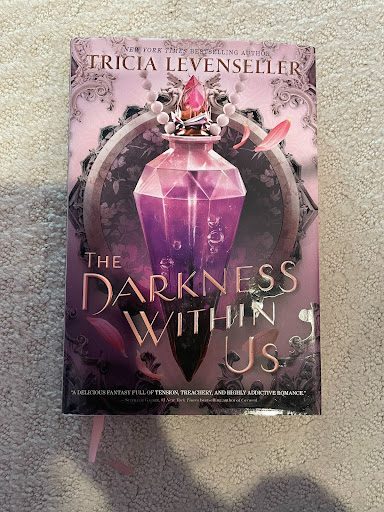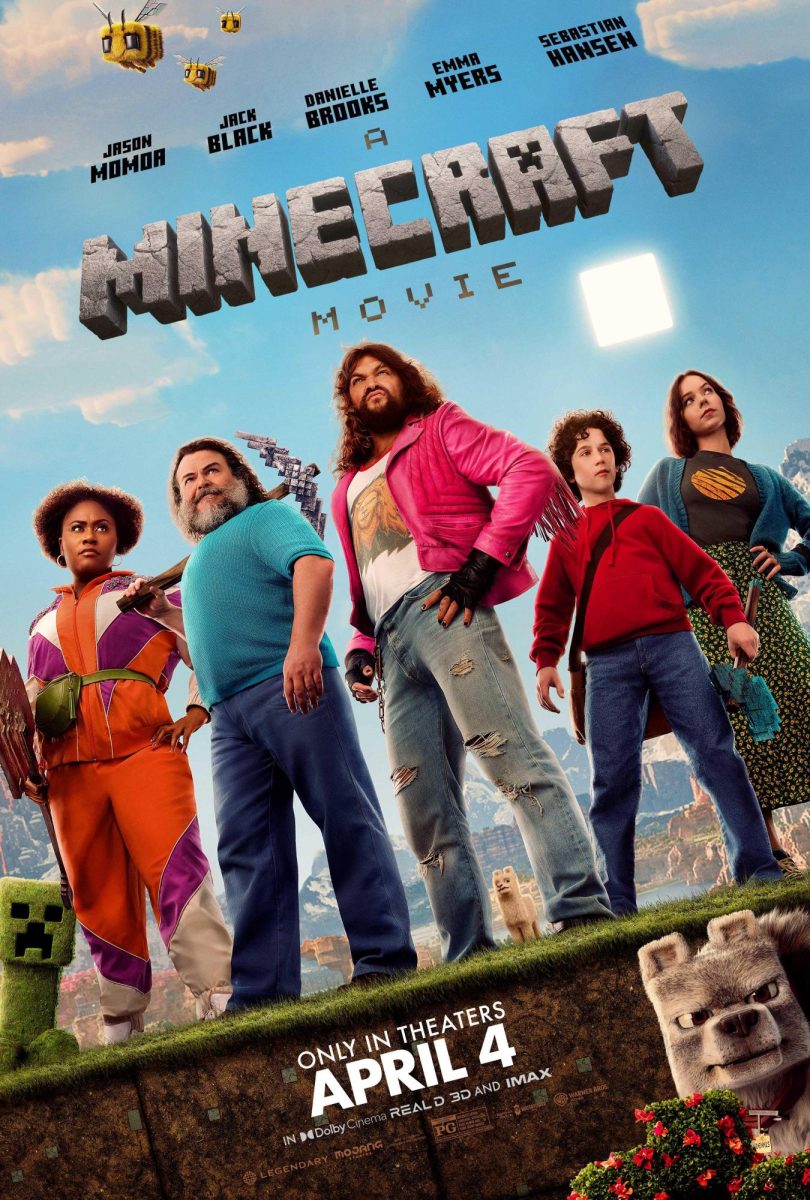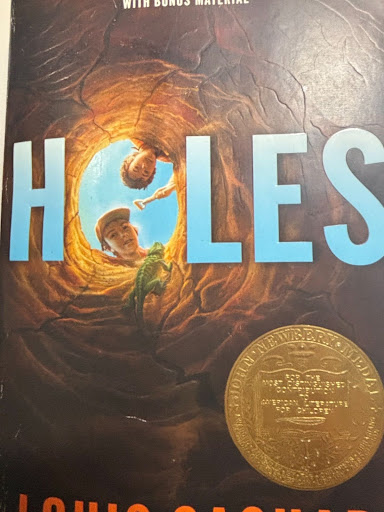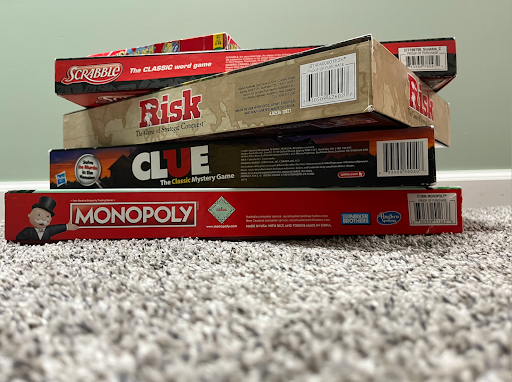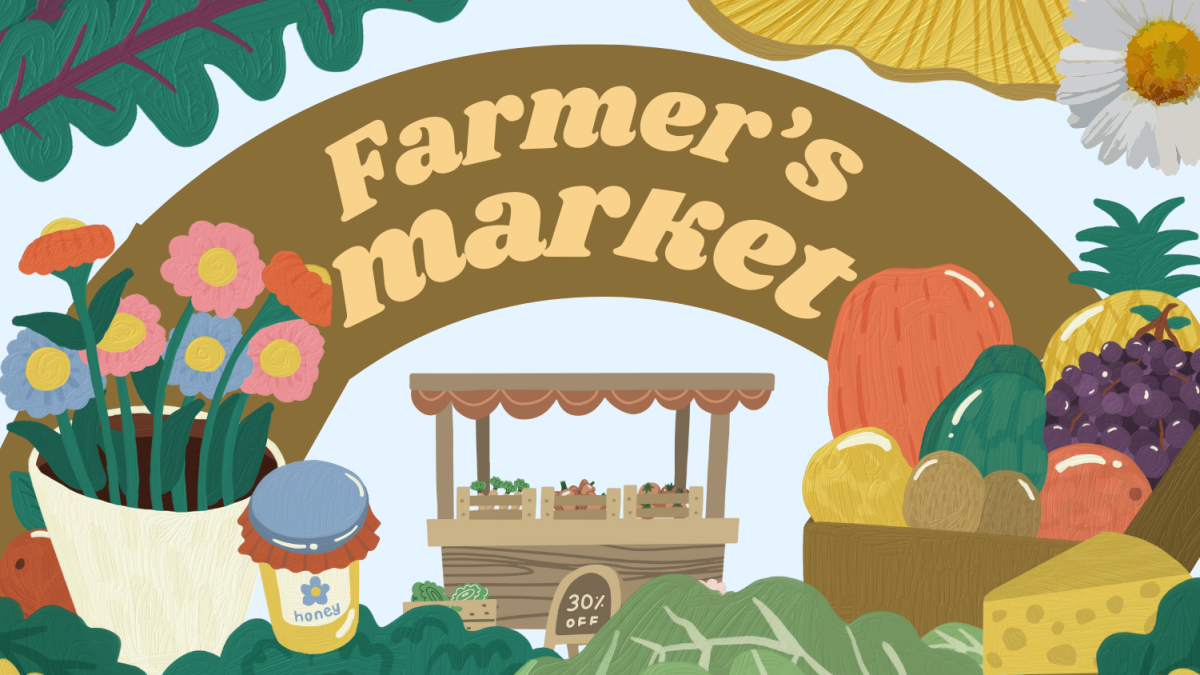From classics like “Pride and Prejudice” by Jane Austen to modern literature such as “Ulysses” by James Joyce, the diversity of the literary works around the world couldn’t be more obvious. Different genres of literature are waiting eagerly for readers as they regularly fall in and out of people’s lives. But while “Harry Potter” by J.K. Rowling will never be the same as “The Hunger Games” by Suzanne Collins, and while historical fiction will never quite be equal to fairy tales, literature isn’t necessarily a wide, scattered array of disparate works. Once properly understood, all literature develops a new image entirely: an image of congruency.
Let me be clear. By congruency, I’m not saying all literature is the same—it isn’t. But the base of literature, the deeper meaning of literature, is similar overall.
Literature has a lot to teach us. Maybe it’s been made clear already by school English lessons, or maybe you’ve figured it out yourself, but literature has always been some form of a teacher to readers. Emotion, love, empathy, and courage are only a few examples of common themes across literature, and oftentimes, these themes do not overlap. At least, not directly. All of these concepts, however unique they may be, have one lesson in common: how to be human.
Let’s take William Shakespeare’s “Romeo and Juliet” as an example. The storyline follows young lovers who are forbidden from being with each other due to their family’s restriction, is a tragic story of love. Other themes this story revolves around include conflict, revenge, identity, and fate. This tale teaches us about love, sorrow, and pain—all of which are true human emotions that we all deal with at some point in our lives. The story also opens a door into an imperfect world that reminds us that not every story has a happy ending, but you have the power to make it seem perfect. Life lessons are hidden in each corner of literature, with these lessons applicable to every person’s life, such as how to deal with the death of a loved one or any other significant loss.
Another famous example of literature is “To Kill a Mockingbird” by Harper Lee, who was believed to be one of the most influential authors to have ever existed, according to britannica.com. Through the perspective of the young girl Jean Louise (“Scout”) Finch, the novel illustrates the racism in the American South and the issues that come as a result of it. In general, prejudice is a large theme throughout “To Kill a Mockingbird,” as is courage. Both are things you will inevitably face sometime in your life. Through literary works like these, you will better understand prejudice and how to face it, not with cowardice, not with anger, but with courage. This doesn’t even have to be on a large scale, such as being openly faced with racism: Sometimes, there are little things that you need to have courage for. I can personally agree with this, as I certainly needed some while joining a new elementary school when everyone else had already settled in and made friend groups that seemed like they didn’t have room for me.
A third example is “War and Peace” by Leo Tolstoy, a popular literary work that focuses on Napoleon’s invasion of Russia in 1812. The novel centers on topics such as irrationality (specifically of human nature) and leadership, according to sparknotes.com. Throughout the novel, multiple characters wonder about the artificiality of earthly living, resulting in an additional theme about the search for the meaning of life. In the real world, these themes are of course applicable: we see irrational behavior all the time, and sometimes even do it ourselves, including simple acts such as texting and driving. And the question about the meaning of life still remains to this day, asked by many around the world, as some simply give a “good enough” answer and move on, and some lose their sleep mulling over possible answers.
Through these examples, and many more, we learn the life lessons literature has to offer. The emotions portrayed in literature are all very deep and very human feelings, such as those of love, hate, anger, and sadness. They are feelings every single one of us experiences at one point in our lives, and literature shows us ways to cope with them.
Literature is more than storytelling for entertainment: It’s an essential lesson for all. A lesson of how to deal with what comes at you—a lesson of how to be human.

